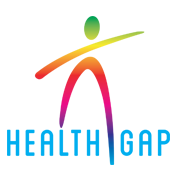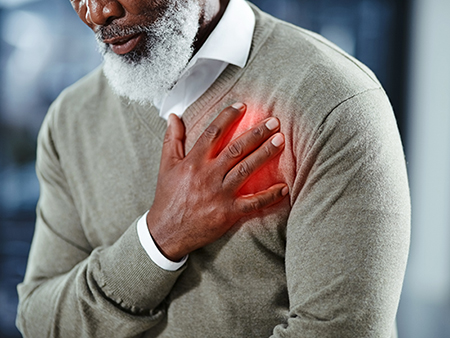As hospitals, health professionals and healthcare systems, governments and leaders work to reduce community spread of the coronavirus in the U.S. and protect the most vulnerable individuals, the American Heart Association offers further tips for heart attack and stroke survivors regarding secondary prevention. Reducing risk of another event and staying as healthy as possible is more important than ever to avoid busy hospitals. Based on current information, it appears elderly people with coronary heart disease or hypertension are more likely to be infected and to develop more severe symptoms. Stroke survivors may face increased risk for complications if they get COVID-19.
After a heart attack or stroke, as many as 1 in 4 survivors will have another one. Lifestyle changes and working closely with your doctor to manage your health can help minimize the risk of a repeat event.
“A heart attack or stroke is a life-changing event,” said Nieca Goldberg, MD, American Heart Association volunteer and medical director of NYU Women’s Heart Program. “What many people don’t realize is the hidden risks that led to your first event may be managed and, by doing this, you may reduce your risk of having another one.”
Because up to 80% of heart attacks and stroke are preventable, it’s important to follow your doctor’s recommendations for reducing your risk. Talk to your doctor about a secondary prevention plan, and consider other steps like these from the American Heart Association’s secondary prevention program:
Take your medications as prescribed. Certain medicines can lower your risk of another cardiac event. That’s why it’s important to understand your medications and take them correctly. Taking aspirin as recommended by a doctor is one way to help prevent another attack. No one should start, stop or modify an aspirin regimen without first speaking with their doctor. Aspirin is not appropriate for everyone, so be sure to talk to your doctor before you begin an aspirin regimen. You will want to have enough of your medicines to last a prolonged period. If you do not currently have enough of your prescription medications on hand to last for a prolonged period, work with your doctor and pharmacist to see if you can get a larger amount prescribed. To avoid possible exposure to COVID-19, using a mail-order system may be an option. Check the CDC for updates on recommendations for accessing medication.
Manage your risk factors. After a heart attack, it’s important to manage risk factors such as high blood pressure, high cholesterol and diabetes by taking medications as prescribed, quitting smoking, eating as healthy as possible and being active.
Keep your follow-up appointments. Keeping your follow-up appointments helps your doctors keep track of your condition and recovery. Call your doctor’s office prior to scheduled appointments to see if a virtual visit is possible.
Participate in a cardiac rehabilitation program virtually. Cardiac rehabilitation is a medically supervised program designed to help you recover after a heart attack. Ask your provider if there are exercises you may do while at home.
Get support. It’s normal to feel scared, overwhelmed or confused after a heart attack or stroke and the current situation is stressful enough. Getting support from loved ones or people who have also experienced a heart attack or stroke can help you cope. During this time when many local support group meetings are canceled, connect with other survivors and caregivers through the American Heart Association’s free online Support Network.

